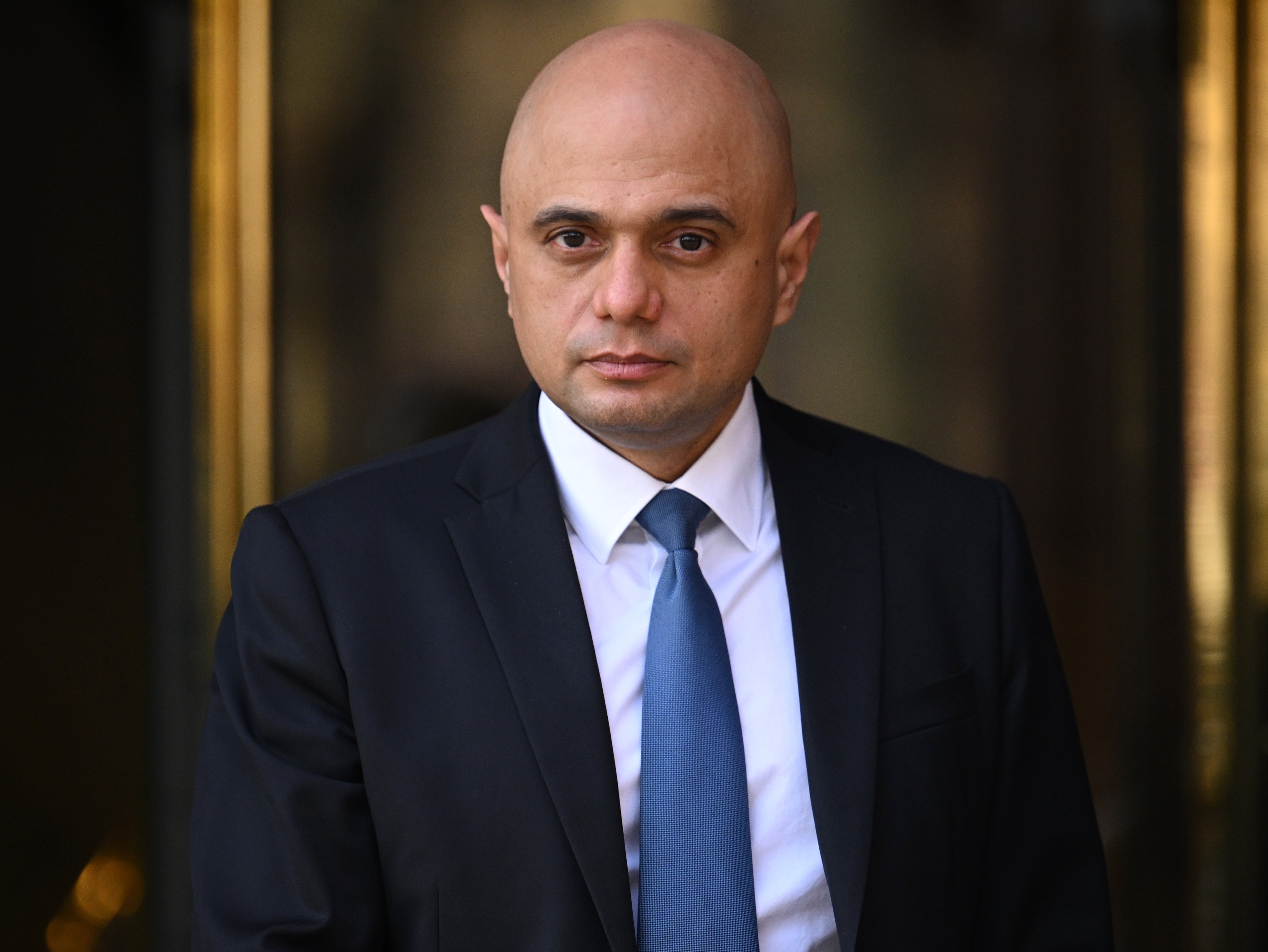If the government truly wants public services to ditch Gazprom – it knows what it has to do
Few would question the moral argument of finding a new energy supplier, but legally things are far less clear-cut, argues Ben Chapman


UK councils, schools and hospital trusts spend millions of pounds each year on energy supplied by Gazprom, the Russian state-backed gas giant.
This week, ministers have been keen to show that – after years of welcoming Russian money and goods – they are now acting tough in response to the invasion of Ukraine.
Health Secretary Sajid Javid reportedly told NHS trusts they should ditch Gazprom and find new suppliers. A senior government source told PA that Javid had also requested “a wider review of any Russian role in supply chains across the health service”.
The GMB union called for a review of all public-sector contracts with firms linked to the Russian state. “It is morally unconscionable for contracts to still be awarded while missiles rain down on Ukrainian workers," thundered GMB general secretary Gary Smith.
Few would question the moral argument but legally things are far less clear-cut. Exiting long-term, multi-million pound contracts early could prove very costly indeed for public authorities that are far from being flush with cash.
It would also mean finding a new supplier and likely paying much more for gas, which has surged in price in the past 12 months and would spike higher still if people stop buying Russian gas.
Unilaterally terminating a contract is likely to result in a law suit and a damages claim, explains Miles Robinson, a partner at Mayer Brown.
The party that loses out – Gazprom in this case – would be able to claim for all of the profits they miss out on over the rest of the contract, which may have years left to run.
That would potentially mean an NHS trust or a local council paying millions of pounds to the Kremlin-linked company anyway, and it wouldn’t even have to deliver any gas – hardly the outcome that tough-taking Sajid Javid is after.
Public authorities might be able to cancel early without any cost, but they can only do so in very rare circumstances.
"It is a very high bar. They would have to prove that it is impossible for the obligations under the contract to be performed," says Robinson.
If government ministers truly wanted to end our dependence on Russian energy perhaps they should back up their rhetoric with more action. In truth, it appears that they think that the price is not one they are willing to stomach.
Join our commenting forum
Join thought-provoking conversations, follow other Independent readers and see their replies
Comments